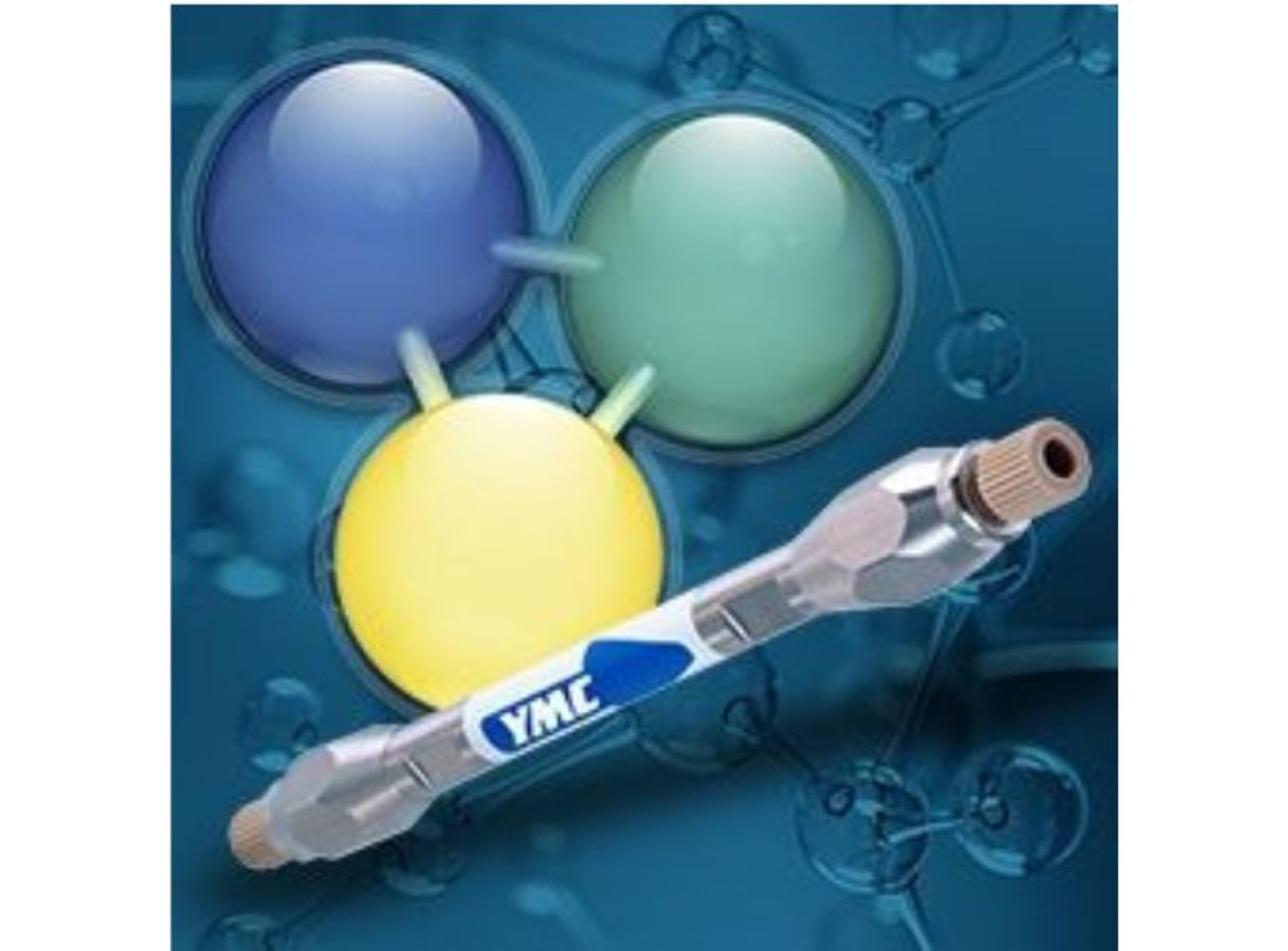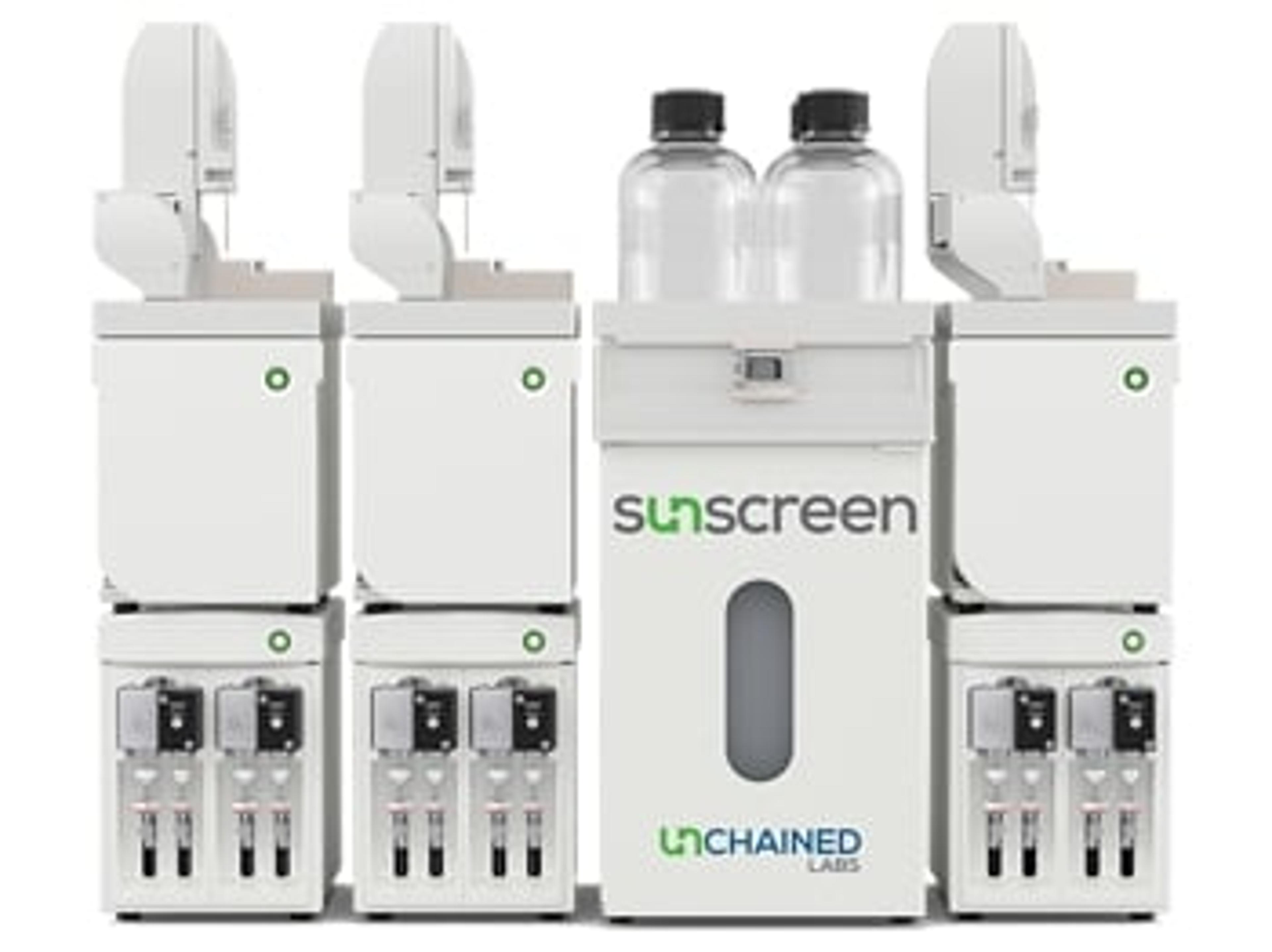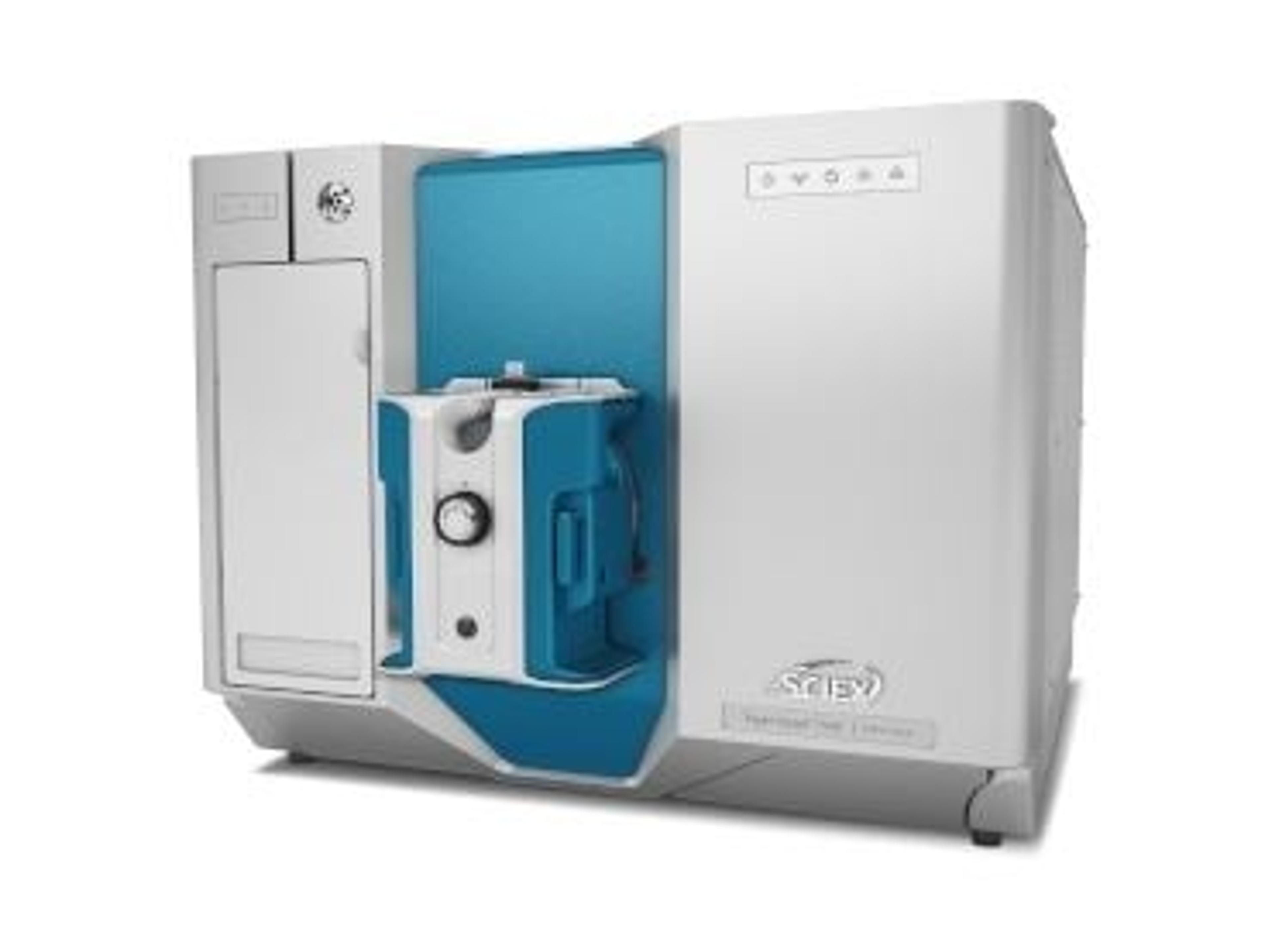Small molecule therapeutics continue to have a big impact on the pharmaceutical industry
Discover the latest technologies and methods advancing small molecule therapeutic discovery and development, from PROTAC quantification to microsampling innovations
7 Dec 2023

Defined as an organic compound with a low molecule weight, small molecules have been a mainstay of the pharmaceutical industry for nearly a century. Advances in biotechnology have led to an increasing interest in larger molecule biologics such as recombinant proteins and monoclonal antibodies, which now often dominate headlines. Despite this, small molecules still account for the majority of drugs sold. With rapid advancements in biopharmaceutical research enabling creative new approaches for developing small molecule drugs, these modalities are set to remain of great significance in the pharmaceutical industry.
Small molecule drugs offer unique therapeutic advantages such as the ability to be customized for interaction with biological targets through various modes of action. Additionally, most small molecule drugs can be administered orally and pass through cell membranes to reach intracellular targets. Advances in technology and synthetic methodology have led to the development of new classes of molecules, such as proteolysis-targeting chimeras (PROTACs) and molecular glues, which has expanded the opportunities for the development of innovative small molecule drugs.
Read on to explore some of the latest resources and technology aimed at advancing pharmaceutical and small molecule therapeutic discovery and development. Discover a suite of solutions designed to simplify lipid nanoparticle development, gain insight into a method for streamlined analysis of COVID-19 agents, and explore label-free technology for assessing early cellular responses to small molecule drugs. Plus, learn more about the benefits of microsampling in bioanalysis studies, discover a highly sensitive assay for PROTAC quantification, and more.
1. Unchain your lipid nanoparticle development
Lipid nanoparticles (LNPs) have been involved in a host of vaccine successes. Despite the benefits of LNPs, many labs are still making do with equipment that is not designed for high-throughput screening. Unchained Labs’ new Sunny Suite is designed to help lighten the load of LNP development.
2. Streamlined analysis of the COVID-19 agent molnupiravir
This method describes the analysis of molnupiravir and its active agent β-d-N4-hydroxycytidine. Learn how the YMC-Triart C18 column separates both products in less than three minutes using mass spectrometry (MS) compatible conditions.
3. Capture early cellular responses to small molecule drugs
In this poster, discover how CETSA®, a label-free technology, can be used to assess protein thermal stability and phosphorylation changes as a strategy to capture early cellular responses to small molecule drugs.
4. Microsampling redefines patient-centric medicine
Traditional methods of sample collection for monitoring therapeutic drug levels in patients can be invasive, requiring large volumes of blood. In this article, Dr. Melissa Mofikoya, Associate Director – Bioanalytical R&D, PPD clinical research business, Thermo Fisher Scientific, discusses the benefits of implementing microsampling in bioanalytical testing.
5. A highly sensitive assay for the quantification of PROTACs in a complex matrix
This application note demonstrates a highly sensitive, robust, and rapid workflow to quantify TL 13-112, a selective anaplastic lymphoma kinase (ALK) degrader, and its inactive control, TL 13-110, in rat plasma using the SCIEX 7500 triple quadrupole mass spectrometer.
6. Updates to good clinical practice guidelines enhance support for advanced data-driven technologies
Good Clinical Practice (GCP) is a critical set of internationally recognized guidelines that govern the ethical, scientific, and quality standards for conducting clinical trials. In this article, learn more about the International Council for Harmonization’s updates to GCP Guidelines and how they are designed to enhance support for advanced data-driven technologies.
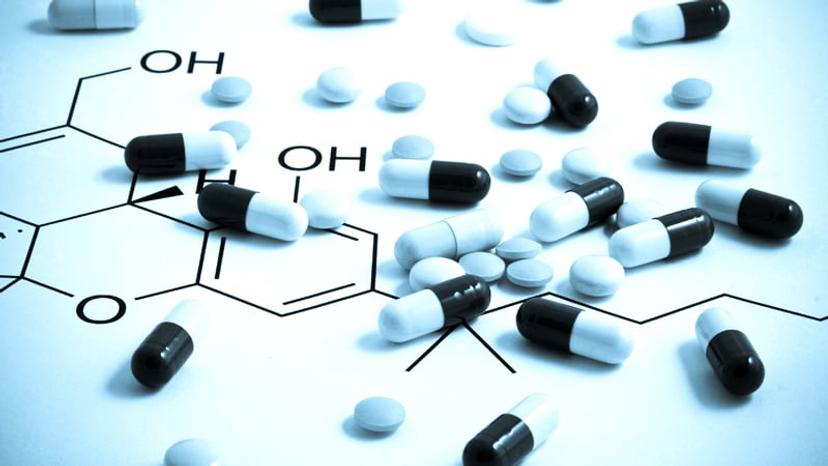
Further resources to enhance your pharma and small molecule therapeutic research
- Clinical trial lab data: In this article, Chris Clendening, PPD clinical research business, Thermo Fisher Scientific, explains how the Preclarus® central lab database can help overcome some of the major challenges drug developers face during clinical trials by providing integrated lab data to project teams in real-time.
Read article >> - Microglia: Human microglia derived from iPSCs by precision reprogramming are proving to be a reliable and translatable tool providing new avenues for neurodegeneration research and therapeutic discovery. In this article, learn more about the benefits of using hiPSC-derived microglia to model neurodegenerative diseases. Read article >>
- Organoids: In this eBook, delve into some of the current applications of organoids spanning the fields of cancer research, neurobiology and drug discovery, and discover solutions that can help you overcome common challenges associated with the use of organoids. Download eBook >>
- Biomarkers: In this article, learn more about Alturas Analytics’ LC-MS/MS and GC-MS/MS bioanalytical services that support drug developers and enable them to overcome biomarker assay challenges. Read article >>
Read reviews on technology advancing pharma and small molecule therapeutic research
Find out what researchers around the world are saying about the products they use, including Arnold Demailly, Novartis, who shared his thoughts on the YMC-Triart (U)HPLC columns from YMC Europe.
"Excellent column, easy to scale up from 1 mm ID to 2.1 mm ID without any issue. We have encountered issues regarding the delivery timeline during the pandemic. YMC has made a tremendous effort to deliver."
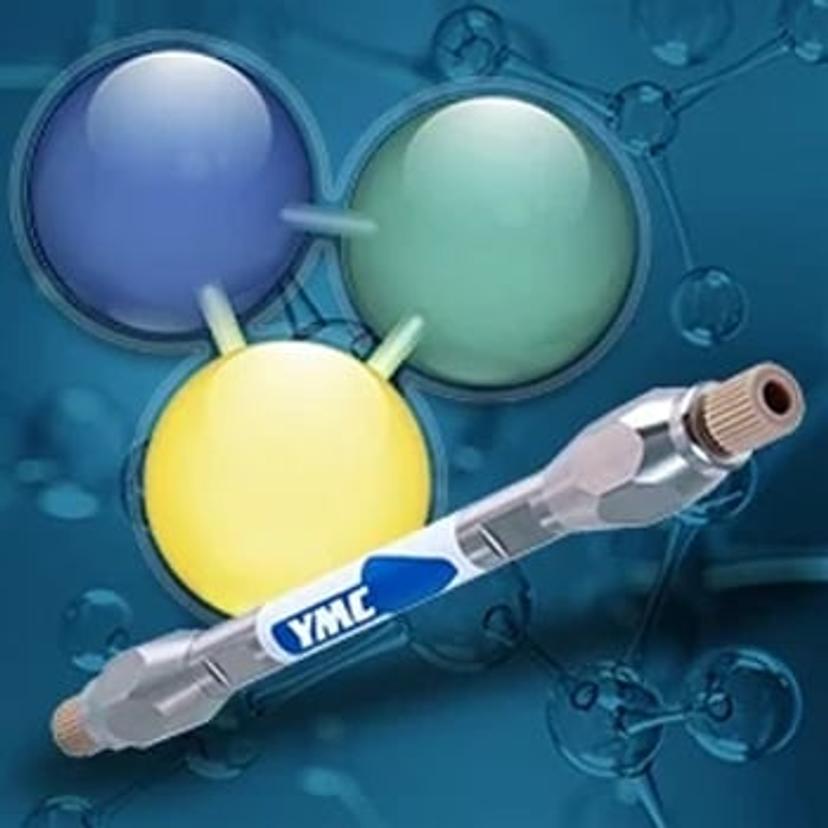
Ease of use: 5/5
After sales service: 5/5
Value for money: 5/5
Leave a lab product review to help other scientists and clinicians find the best products to accelerate scientific progress >>

